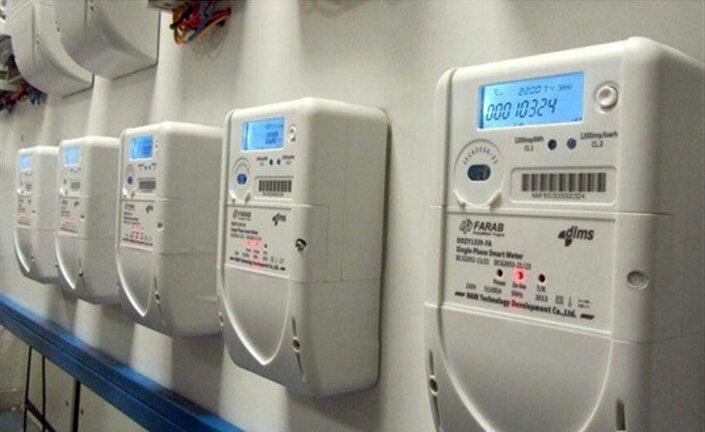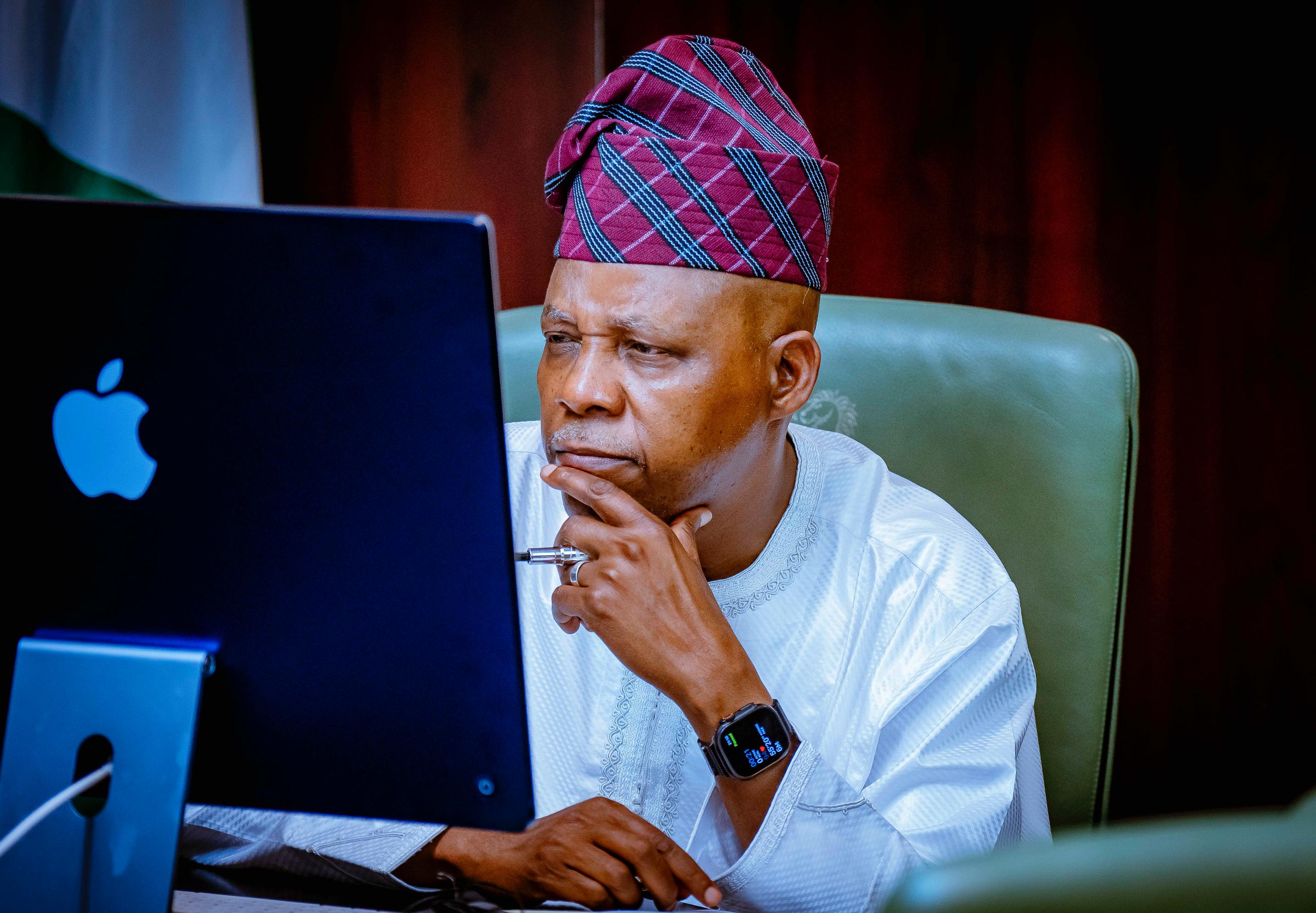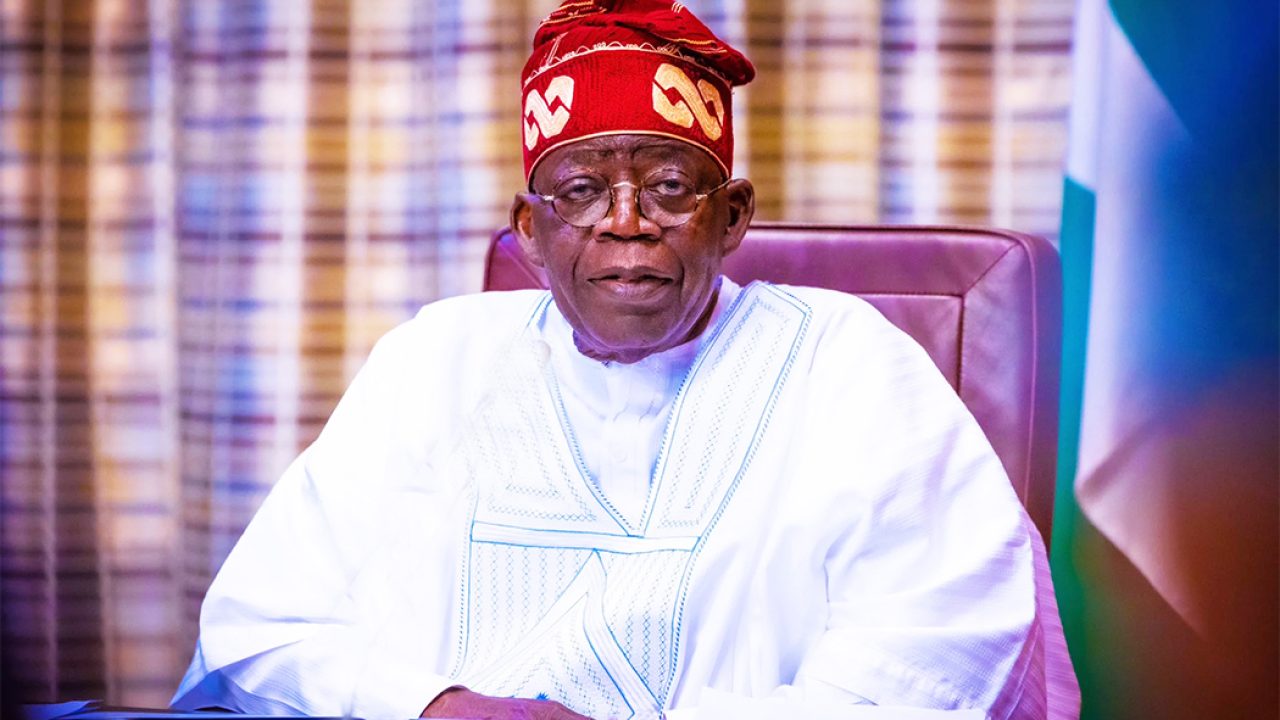Federal Government Accelerates National Metering Program to Bridge 7 Million Unit Gap
The Nigerian Federal Government has unveiled an ambitious timeline for the deployment of its first major batch of electricity meters, marking a significant milestone in the country’s ongoing power sector reforms. According to a statement released Sunday by Bolaji Tunji, Special Adviser on Strategic Communications and Media Relations to Power Minister Chief Adebayo Adelabu, the initial delivery will see 75,000 meters distributed in April 2025, followed by an additional 200,000 units in May.
Metering Progress Challenges Industry Crisis Narrative
Despite widespread criticism suggesting stagnation in Nigeria’s power sector, official data reveals a more nuanced reality. As of December 2024, over 5.5 million customers—representing approximately 55 percent of Nigeria’s 10.1 million active electricity consumers—have already received meters.
“While challenges persist, the facts tell a more balanced story – one of sustained effort, financial commitment, and structured implementation plans by the Federal Government of Nigeria to close the metering gap,” Tunji stated in the release.
The Power Ministry highlighted that 2024 alone saw the installation of 572,050 meters nationwide, demonstrating ongoing progress. According to Adelabu, this steady advancement directly contradicts claims of an industry in crisis.
“While the government acknowledges the existing metering gap, it is actively working to close it as quickly as possible,” the minister emphasized. “However, the fact remains that a sizable portion of active electricity users already have meters, countering the exaggerated portrayal of an industry in crisis.”
Multi-Billion Naira Initiatives Tackle Metering Deficit
To address the remaining metering deficit, the government has implemented two major programs with clear implementation roadmaps. The Distribution Sector Recovery Programme (DISREP) aims to deliver over 3.2 million meters by 2026 through various procurement channels:
- 1,437,501 meters via International Competitive Bid 1 (ICB1)
- 217,600 meters through National Competitive Bid (NCB)
- 1,550,000 meters through International Competitive Bid 2 (ICB2)
Complementing DISREP is the Presidential Metering Initiative (PMI), which has secured N700 billion from the Federation Account Allocation Committee. This flagship program establishes an ambitious target of deploying two million meters annually over a five-year period.
Special Purpose Vehicle Established for Implementation
To ensure effective execution, the government has created a dedicated Special Purpose Vehicle to oversee the Presidential Metering Initiative. The first tender for two million meters under this program is scheduled for release by the third quarter of 2025.
“These structured interventions provide a clear roadmap for addressing the metering gap in an effective and sustainable manner,” Minister Adelabu explained.
Historical Context Shows Consistent Progress
While acknowledging fluctuations in installation rates, ministry officials note that the power sector has maintained an average annual installation rate of approximately 668,000 meters. With additional financing structures and government-backed initiatives now in place, officials expect deployment to accelerate significantly beyond this baseline.
Decade-Long Resolution Timeline “Misleading”
The minister directly challenged assertions that resolving Nigeria’s metering deficit would require more than a decade.
“With the ongoing DISREP and PMI initiatives, Nigeria’s metering landscape is set to experience significant improvement before the end of the year,” Adelabu stated. “The focus should be on the execution of these well-structured plans rather than a blanket critique that overlooks the real progress being made.”
Broader Economic Impact
The accelerated metering program represents not only a technical solution to electricity distribution challenges but also addresses broader economic concerns. Improved metering is expected to enhance revenue collection for distribution companies while providing consumers with more transparent billing systems.
Industry analysts suggest that successfully implementing these metering initiatives could significantly transform Nigeria’s electricity sector, creating a more financially viable ecosystem that attracts further investment in generation and transmission infrastructure.
Path Forward
As the government proceeds with its implementation timeline, the power ministry has emphasized the importance of public-private partnerships in achieving sustainable results. The coming months will prove critical in demonstrating whether the ambitious delivery schedules can be maintained, with the first major test coming in April 2025 when the initial 75,000 meters are expected to arrive.




